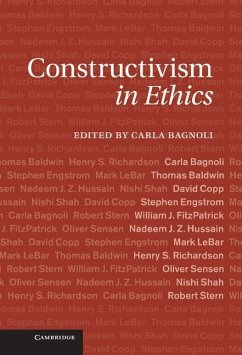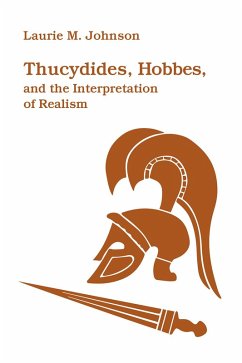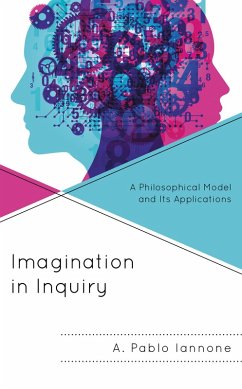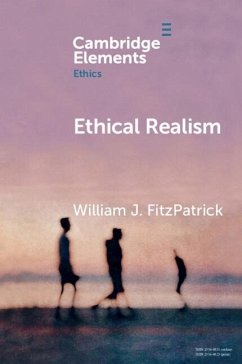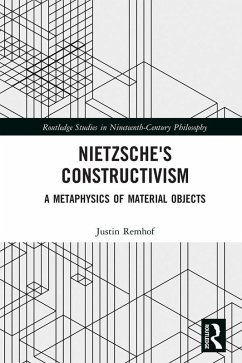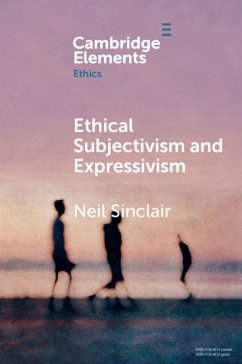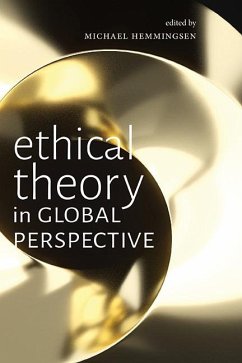
Ethical Constructivism (eBook, ePUB)

PAYBACK Punkte
6 °P sammeln!
Ethical constructivism holds that truths about the relation between rationality, morality, and agency are best understood as constructed by correct reasoning, rather than discovered or invented. Unlike other metaphors used in metaethics, construction brings to light the generative and dynamic dimension of practical reason. On the resultant picture, practical reasoning is not only productive but also self-transforming, and socially empowering. The main task of this volume is to illustrate how constructivism has substantially modified and expanded the agenda of metaethics by refocusing on ration...
Ethical constructivism holds that truths about the relation between rationality, morality, and agency are best understood as constructed by correct reasoning, rather than discovered or invented. Unlike other metaphors used in metaethics, construction brings to light the generative and dynamic dimension of practical reason. On the resultant picture, practical reasoning is not only productive but also self-transforming, and socially empowering. The main task of this volume is to illustrate how constructivism has substantially modified and expanded the agenda of metaethics by refocusing on rational agency and its constitutive principles. In particular, this volume identifies, compares and discusses the prospects and failures of the main strands of constructivism regarding the powers of reason in responding to the challenges of contingency. While Kantian, Humean, Aristotelian, and Hegelian theories sharply differ in their constructivist strategies, they provide compelling accounts of the rational articulation required for an inclusive and unified ethical community.
Dieser Download kann aus rechtlichen Gründen nur mit Rechnungsadresse in A, B, BG, CY, CZ, D, DK, EW, E, FIN, F, GR, HR, H, IRL, I, LT, L, LR, M, NL, PL, P, R, S, SLO, SK ausgeliefert werden.




